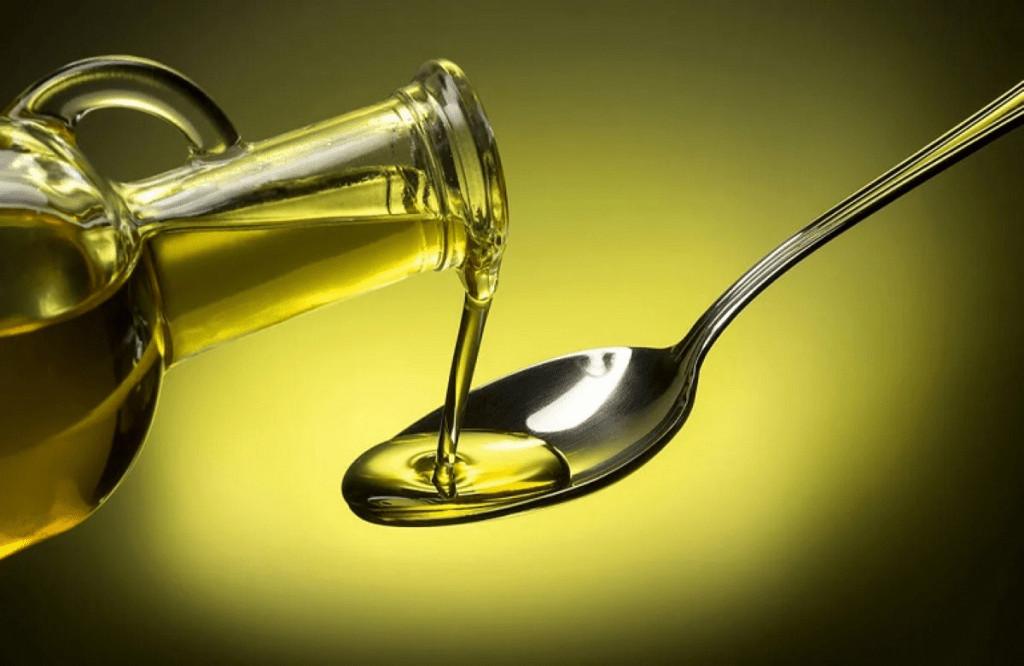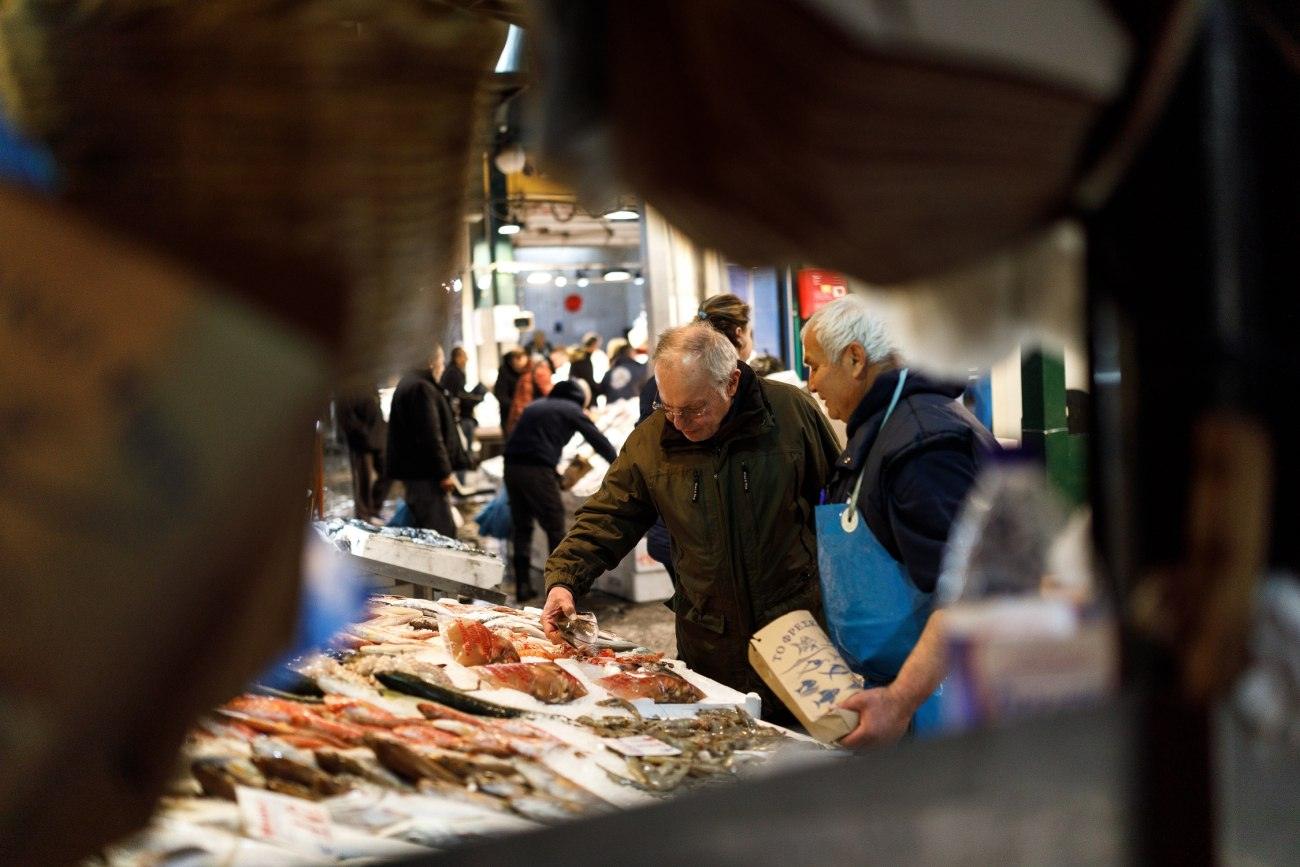hina is emerging as a rising player in the global olive oil industry, a development that could challenge Greece’s centuries-old dominance of what is often called the Mediterranean’s “liquid gold.”
According to the Greek Consulate’s Economic and Commercial Office in Shanghai, the Chinese olive oil market has already surpassed 8 billion RMB and is expected to maintain annual growth of 8–10%. While imports still drive much of the demand, local cultivation is expanding at a fast pace.
Rapid growth in production
Between 2018 and 2023, China’s olive-growing area increased by 69%, from 1.2 million to 2.03 million mu (one mu equals 0.0667 hectares). Production has flourished in provinces such as Gansu, Sichuan, Chongqing, and Yunnan, where farmers have successfully adapted Mediterranean olive varieties.
Several domestic brands, including Luhua, Doriti, and GreenGem, have already gained recognition in the Chinese market.
Weak Greek exports
Greek olive oil exports to China remain limited and in decline, falling from €1.33 million in 2000 to just €795,000 in 2024. By contrast, total bilateral trade heavily favors China: of €7.35 billion in trade volume, €6.94 billion represents Chinese exports to Greece, while Greek exports account for only €414 million.
This imbalance raises the possibility that, as Chinese production grows, Greece may one day find itself importing Chinese olive oil.
From history to competition
Olive oil has deep roots in Mediterranean history and culture, where it is revered as “liquid gold.” In China, however, the story is more recent. Though olive trees were first introduced during the Tang Dynasty through the Silk Road, large-scale cultivation only began in 1964, when Premier Zhou Enlai received 10,000 olive saplings from Albania.
After decades of experimentation, China identified regions suitable for olive farming, eventually earning a place on the International Olive Council’s global map in 1998. Since then, its olive oil sector has grown steadily, positioning the country as an emerging rival to traditional producers.
Source: tovima.com














![Ελλάδα: Υποχώρηση της προσφοράς καταλυμάτων βραχυχρόνιας μίσθωσης [πίνακας]](https://www.ot.gr/wp-content/uploads/2026/02/airbnb-1.jpg)



























